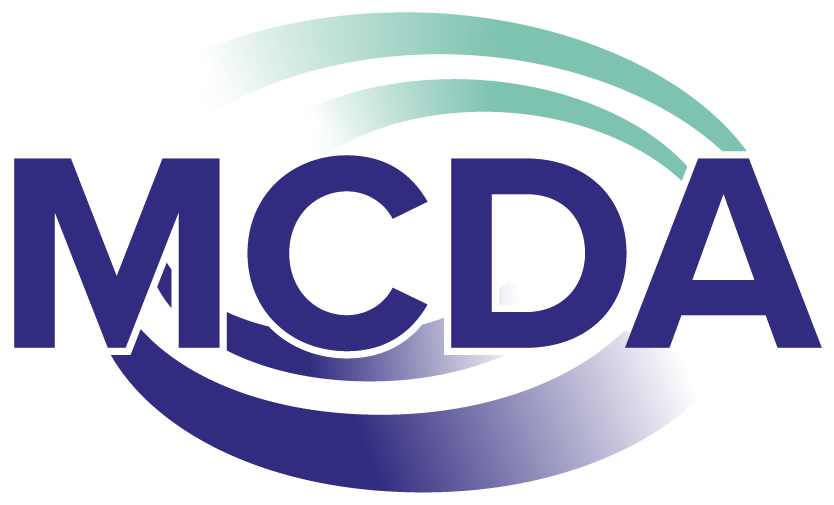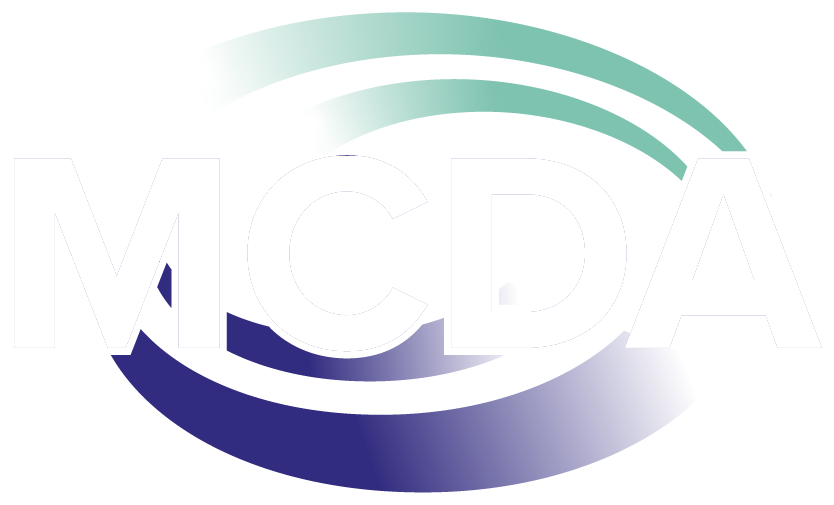By Rebecca Dordel
When I offered to review Dean Degroot and Liz Willis’ new book Game Plan: An Insider’s Guide to Effective Career Assessment, I initially regretted it. I’m an assessment skeptic and wondered if an aging millennial wary of the next author to create guru-level frenzy in the higher education community was just too jaded to give an unbiased review on this topic (for context, I spent the weekend reading the last chapter of Cultish, by Amanda Montell, and finishing the HBOMax documentary The Vow, which chronicles the rise and fall of NXVIM, the cult which hid their ulterior motives behind an Executive Success Program promising the highest levels of personal growth and development.)
Needless to say, I do use assessments in my coaching work, but spend significant time cautioning and lowering students’ expectations of the experience, while often nudging them towards alternative ways to build their “personal rubric” of the day-to-day-responsibilities, work environments and people that will provide meaning as they navigate their relationship with career. While I agree that assessments give us a shared language with our clients and students to explore themselves and work, it’s so important that they are administered thoughtfully, and ethically. Game Plan provides thoughtful and replicable strategies that coaches at any level can implement immediately to elevate the effectiveness and value of assessment work.
Game Plan Part 1, Assessing Yourself and Your Career invites the reader to explore their own strengths and interests in specializing in career assessment. I appreciated the opportunity to explore connections between one’s personal and professional strengths, with strategies for practitioners who may not see this as a specialty fit or have the resources to administer their own assessments. DeGroot offers practitioners advice on how to leverage their networks for these services with suggestions on how to incorporate the client’s learnings into their coaching work. Throughout the book, DeGroot generously offers insight from his decades of assessment work on topics ranging from selecting assessments to trusted publishers and pricing. For the solo-practitioner I can imagine this offers significant peace of mind and can eliminate decision fatigue.
Part 2: Assessing Your Clients provides the most applicable take-aways for my work not only coaching collegiate students directly but supporting the development of career coaches who may not be as comfortable working within the nebulous space of career exploration. To address what can often feel like a directionless conversation from the client’s perspective, the reader is encouraged to develop a structured interview that allows the practitioner to build rapport with their client, identify initial themes, and determine which assessments may be most relevant for the client. DeGroot not only takes time to provide an outline of questions, but also provides guidance on administering the interview. As someone who has prided myself on my ability to roll with ambiguity and let students take the lead in the direction of our conversations, this portion of the book has offered an alternative perspective on the benefits of adding more structure and taking more ownership in certain coaching situations.
DeGroot reiterates throughout the book that it is imperative to, “Take steps to ensure your hard work with assessment doesn’t just get filed away, but instead gets directed into a concrete, actionable plan.” I’m sure many of us are familiar with the initial glow of excitement and self-awareness that comes with a client’s first experience with the Myers Briggs Type Indicator or Strong Interest Inventory only to watch it fade after the interpretation, and rarely referenced naturally in future meetings. DeGroot offers a resource called the Career Ingredients Summary Sheet that can be used by the practitioner and client to identify key themes from the structured interview and connect current circumstances with learnings from assessment results. For new practitioners still developing their skills in processing assessment information, and theme work, DeGroot offers accessible tools to build a coaching skill that is often mistaken as natural talent for identifying patterns and connections.
The structured interview and Career Ingredients Summary Sheet prepares the reader for the Game Plan worksheet. This worksheet aids the client in clarifying three factors: What, Where, Who and the manageable and definable action steps it will take the client to make progress in their process. The Game Plan worksheet asks clients to consider criteria such as the qualities of an effective environment for the client to do their work and the characteristics of the individuals of the people they will work with on a day-to-day basis. Internal motivation at this stage of the work is imperative and DeGroot offers excellent advice on how to motivate clients at this stage in the process, “I let them (the client) know that I’ll show them my own version of what I think their game plan might look like after they complete their own draft.”
While Part 2 offered most of the assessment implementation content, I found Part 3: Assessing the Work Environment one of the most insightful and unique portions of the book. One expects most of the topics previously featured to be addressed, however, the inclusion of the environment and particularly the impact of bullying in the workplace, was a refreshingly holistic approach to helping clients evaluate all the variables that can contribute to dissatisfaction in work. The case study of Denise, Right Work, Wrong Place, exceptionally highlights how to use the Career Compatibility Scale, a tool developed by DeGroot and Rich Bents to support clients in measuring, “how important certain workplace factors are to a client and to what extent these factors are being met in their current or recent job.” DeGroot also offers insights into questions one can incorporate into their structured interview to evaluate whether a hostile work environment may be contributing to a client’s current dissatisfaction.
Part 4: Career Stories and Transformations features case studies to see the tools and approaches from Game Plan implemented across ample and diverse client scenarios. We also hear a first- hand account from Liz Willis, the co-author of Game Plan, who shares her own experience working with DeGroot and walks us through her assessment results, structured interview, and other actions she implemented based on DeGroot’s approaches. The opportunity to read how these various clients’ journeys played out and see how assessment tools and corresponding reflection work directly impacted the major and minor career decisions of the client is an effective way to conclude Game Plan. The remainder of the book features a Quick Reference Toolkit that not only provides activities for clients, but more importantly provides example scenarios in which you may want to use a certain resource.
In the introduction to Game Plan the reader is told that the goal of this book is to make assessments, “more real for you and fill in some of the practical details missing in more academic texts.” The various case studies, resources, and coaching strategies offered throughout the book are evidence that Game Plan keeps its promise to the reader. I recommend this book to new professionals still exploring their coaching style and relationship with assessments as well as some of us who have fallen into a rut of relying on the same assessment interpretation strategies we’ve been using for years. Yes, this assessment skeptic has some new ideas that are renewing her belief in the role of assessment in the coaching profession.
Rebecca Dordel (she/her) is the Associate Director of Career Development in the Carlson School of Management’s Undergraduate Program. She also serves on the MCDA’s Board of Trustees.



